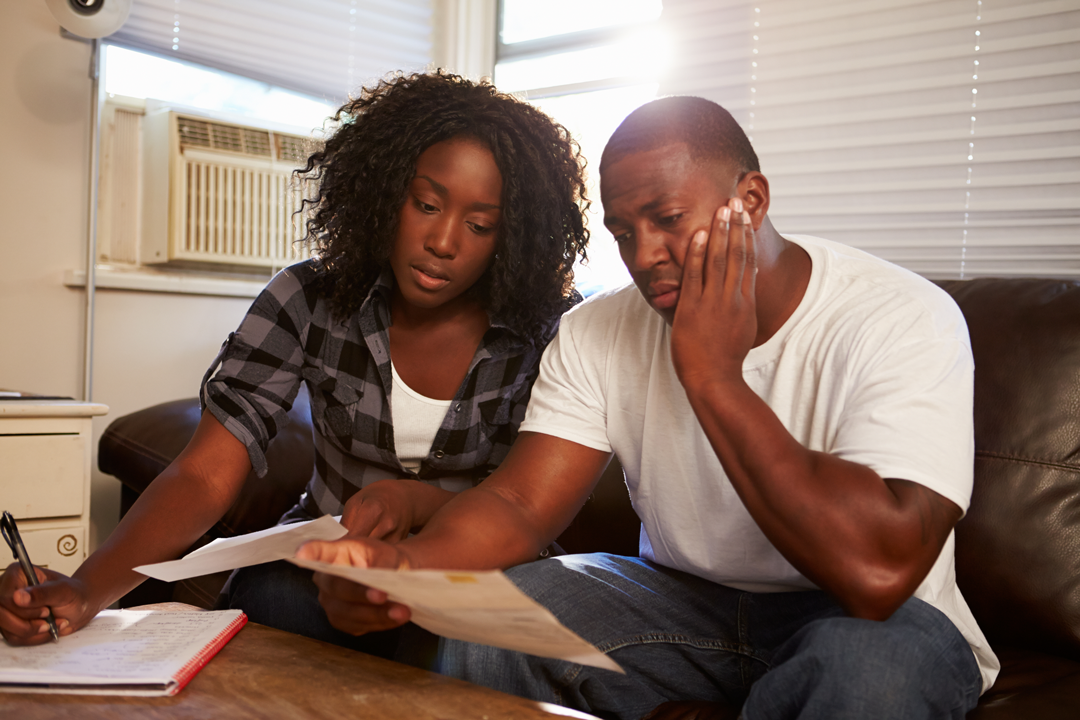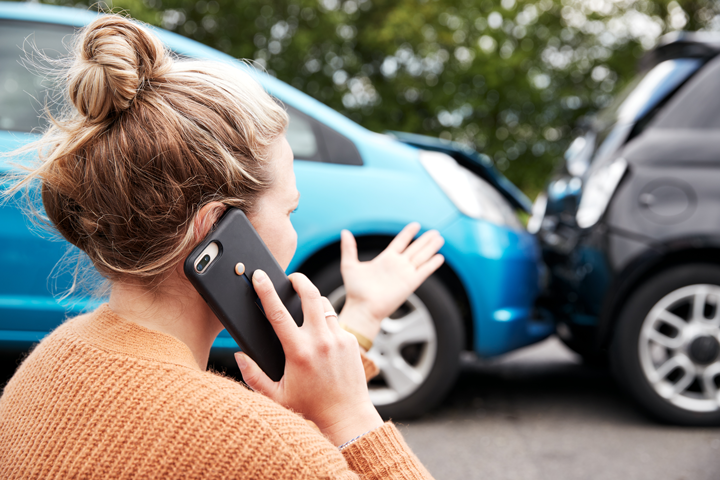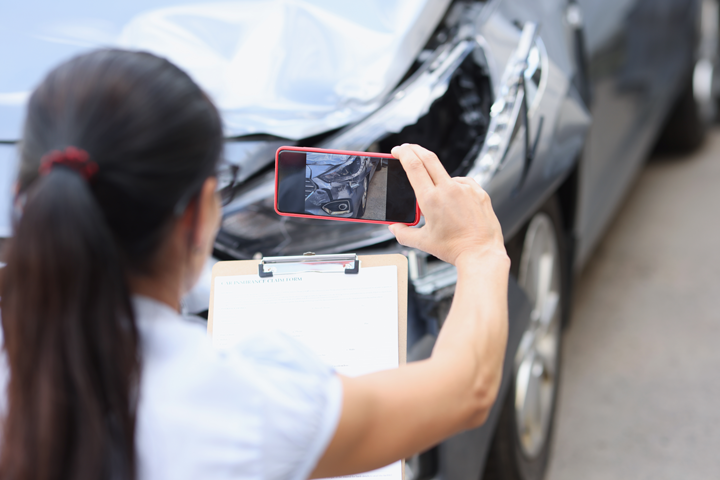Are Collision Repairs Covered If You Are Not at Fault?
If you were involved in an accident where you are not at fault for the collision, you probably have some questions about the coverage related to collision repairs and how the claims process works in this instance. To ease your stress, we will cover the details of this scenario so that you will have a better understanding of how to move forward.
In need of collision repair in Flagstaff?
Contact Flagstaff Collision Center to get the service you need.
Are Collision Repairs Covered If You Are Not at Fault?
To get a better understanding if collision repairs are covered if you are not at fault, it first helps to review some of the following clarifying factors.
Do You Have Collision Insurance?
If all else fails, even if you are not at fault, you can always make a claim with your own insurance company for payment of damages and injuries. To give yourself some peace of mind during this process, it’s important to keep this option in mind as you consider all of the other factors. Going this route will ensure that you don’t end up with a monumental bill that you can’t pay.
Even though you will have to pay your deductible towards repairs in this case, there is a chance that you could get that money back in the future if your insurer settles with the other driver’s insurance company sometime down the road.
Will the At-Fault Driver’s Insurance Pay?
Everything here relies on the relay of facts to the insurer. The police will determine who was at fault in addition to the insurance company making its own determination of who caused the collision. If all of the facts determine the fault for a specific driver, then that driver’s insurance company will be responsible for the costs of damages (this includes injuries and vehicle damage). In most cases, when the facts are clear and concise, the at-fault driver’s insurance will pay without question.
If At-Fault Driver’s Insurance Denies Your Claim
If the facts do not provide a clear picture of what caused the accident, there’s a good chance that a lawyer will need to be involved. If you feel that you need assistance in proving the fault for another driver, a lawyer is your best bet to ensure that you navigate these often-complex cases. If the accident caused serious injuries, it’s definitely a good idea to bring in a lawyer. There are often long-term financial consequences related to the ongoing treatment and management of major injuries.
There are times when an insurance company will side with the story of events that were translated from their client, even if this story contradicts the police report. Many insurance companies will do whatever they can to avoid paying out a claim. Even though it may sound like a headache to go to court, this is a path that is absolutely necessary to take if you experienced extensive damage that resulted in major financial damages.
If the At-Fault Driver Was Uninsured
In most cases, if the other driver is uninsured, you will not have a deductible when submitting an uninsured motorist coverage property damage claim (UMPD) through your insurance provider. And fortunately, most states prohibit insurers from raising premium rates when a claim is submitted by someone who was not at fault. At the end of the day, always be sure to move forward by putting in a claim with your insurance company so that you don’t get stuck with the bill.
Every accident comes with different variables that will affect how the insurance claim process will proceed. In most cases, when all of the facts point to a particular driver to be at-fault, it’s as simple as processing all claims through that driver’s insurance company. In other more complex cases, lawyers may need to get involved to help steer you through some of the different laws that may come into play. Even though there are various ways to get to the end result of compensation for damages, collision repairs should be covered some way or another if you are not at fault.
At Flagstaff Collision Center, we provide quality services to our clients in Northern Arizona, including collision repair, dent removal, bumper repair, and auto paint repair. Learn more about us and the services we offer.




